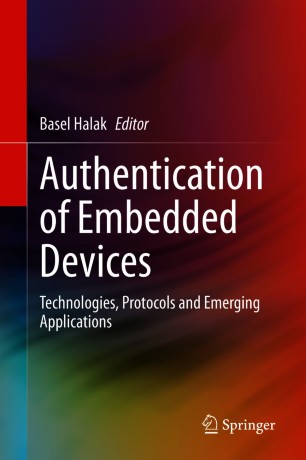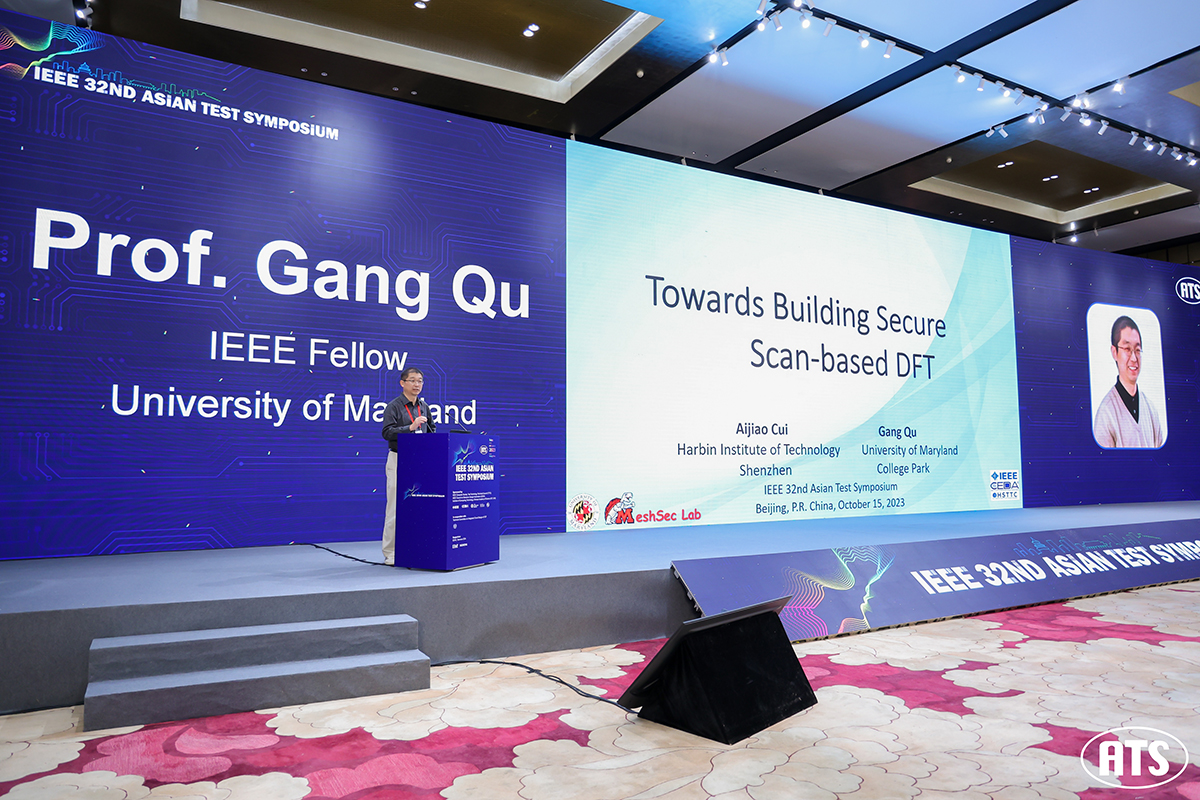News Story
New graduate program in Embedded Systems

Embedded systems are used in a wide range of applications, from consumer electronics like smartphones and smart appliances to automotive and aerospace systems. They can be found in everything from electronic toys and home automation systems to medical devices and industrial automation equipment. Now, a new professional graduate program in Embedded Systems, available through Maryland Applied Graduate Engineering, will be teaching students both the technical and management aspects of embedded systems design.
The new program, designed by ISR Director Ankur Srivastava (ECE/ISR) and Professor Gang Qu (ECE/ISR), begins in Fall 2023. It can be completed as either a 30-credit coursework-only Master of Engineering degree or a 12-credit Graduate Certificate in Engineering. Classes are available in both in-person and online formats.
“Revolutionary systems enabled by 5G-6G, semiconductor innovations and AI/ML unlocks new advances in Embedded Systems and IoTs never conceived before,” says Srivastava. “This requires a new type of embedded systems engineer who can deliver efficient, low overhead and secure embedded devices and systems by exploiting knowledge in cross cutting areas such as hardware, software, firmware to AI/ML models, data analytics and communication protocols. Our innovative program aims to train such engineers through a wide selection of well-crafted core and elective courses.”
Embedded systems are designed to operate in real-time, with deterministic response times and minimal overhead. They are optimized for performance and reliability, rather than general-purpose computing tasks, and are essential to the design and development of many products.
Embedded systems engineers may work on the hardware design, firmware development, or software programming. Core courses of the new multidisciplinary graduate program cover design and optimization of embedded software, embedded hardware, and networking and distributed systems.
Through pre-approved technical electives, students also may choose to learn about emerging topics in embedded systems including security and privacy, low power and energy efficient design, project management, data science and machine learning, as well as specific embedded systems in smart grid, smart home, medical devices, and vehicular systems.
To earn the Master of Engineering in Embedded Systems (MEngES), students must successfully complete four core courses and six technical electives of their choice from an approved list of courses. Students should consult with their advisor prior to registering and have pre-approval for all technical electives. Special topics courses may also be available in some semesters, and students should talk to their academic advisor if interested in one of these new courses. There is no research or thesis required for this 30-credit/10 course degree.
The Graduate Certificate in Engineering requires successful completion of 12 credits (four courses) from the Embedded Systems core courses. Students should consult with their advisor prior to registering.
All students are expected to complete a preliminary course plan for their intended degree program with the Senior Academic Advisor by the end of their first semester of study. The degree planning sheet lists the core and technical elective requirements for each program, and all courses that are pre-approved for that program. Alternative technical electives must be approved by the same academic advisor. | Master of Engineering Planning Sheet | Graduate Certificate in Engineering Planning Sheet | List of pre-approved technical electives |
Special note: ENPM615 Embedded Systems will first be offered in Fall 2023, on Thursdays from 4:00pm–6:40pm with Associate Professor Manoj Franklin (ECE). This is an introduction to embedded systems design and evaluation: requirements, specification, architecture, hardware and software components, integration and performance evaluation. Topics include instruction sets, CPU, embedded computing platform, and more.
Learn more about the graduate program in Embedded Systems, have your questions answered, and apply here.
Published June 21, 2023








